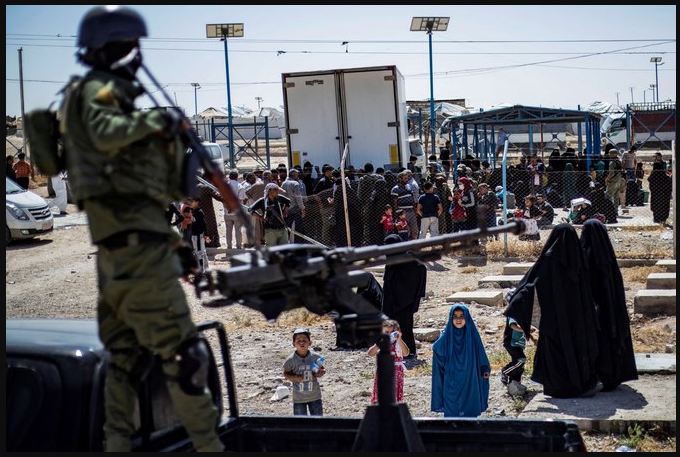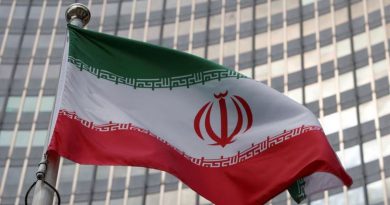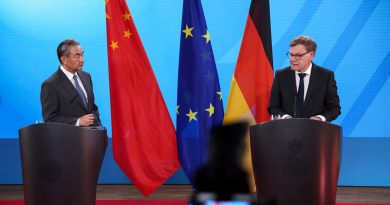Australian Women and Children Detained in Syrian Camp Launch Court Action for Repatriation
Melbourne – Over 30 Australian women and children, living in what has been described as “appalling conditions” in a Syrian detention camp, have initiated court action to compel the Australian government to bring them back home. The case was opened at the High Court in Melbourne, nearly a year after the repatriation of the last group of four women and 13 children from Syria, who were the wives, sons, and daughters of defeated ISIS fighters.
Represented by the charity Save the Children, the women and children are seeking a writ of habeas corpus, which challenges their unlawful detention and requires the government to bring them before the Australian court. Peter Morrissey, counsel for Save the Children, highlighted the dire situation faced by the detainees, emphasizing that they are charged with no crime and are being held in pitiful and distressing conditions. He stressed that their health, safety, and dignity are severely compromised, and their detention has endured for several years.
Mat Tinkler, Chief Executive of Save the Children Australia, expressed disappointment in the Australian government’s failure to repatriate its citizens despite numerous opportunities. Tinkler expressed the urgent need for the children and their mothers to be brought back home to safety, calling it unfathomable that the government has abandoned its own citizens.
Repatriation of Australian women and children from Syrian camps has been a contentious issue in Australia, a country historically known for its strict immigration policies. The Australian women and children have been residing in the Al-Hol and Al-Roj detention camps in northeastern Syria under Kurdish control since the collapse of ISIS in 2019.
The court action taken by Save the Children on behalf of these individuals highlights the humanitarian concerns surrounding their situation. It raises questions about the government’s responsibility to protect its citizens and ensure their well-being, particularly when they are detained in dire conditions abroad. The outcome of this court case will have significant implications for the repatriation policies and obligations of the Australian government towards its citizens detained in foreign conflict zones.



